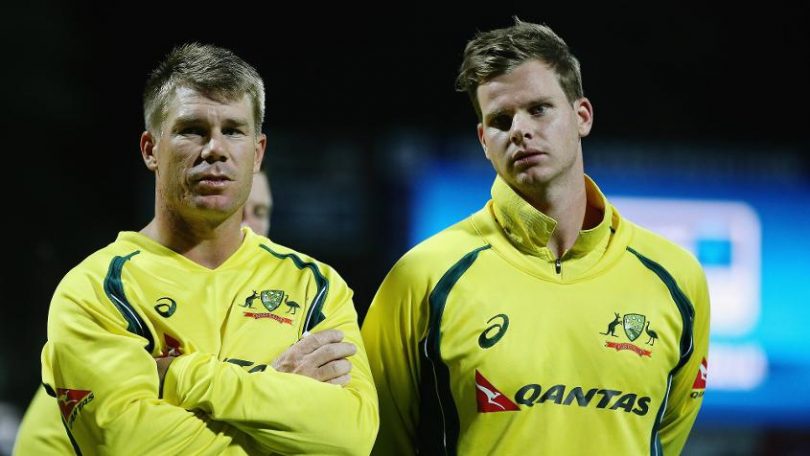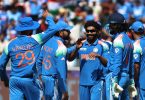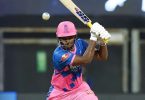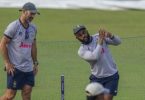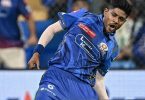Cricket Australia (CA) is set to implement new playing conditions for international and domestic players from October 1. The players will be required to wear neck protectors and if opposed, they will face sanctions as per the new set of rules and regulations.CA has been urging players to use proper protective gear during games and practice sessions since the tragic death of Phillip Hughes in November 2014.
The Australian cricket board now makes it mandatory for its players in order to avoid a potential mishap.The mandate comes a week after all-rounder Cameron Green was struck by a Kagiso Rabada bouncer on the neck guard fixed to his helmet in the first ODI against South Africa in Bloemfontein. He was eventually substituted out of the first ODI against South Africa with a concussion.
“Protecting the head and neck is extremely important in our sport,” Peter Roach, CA’s Head of Cricket Operations and Scheduling, said.
“The neck protector product has come a long way in recent years and the decision to make them mandatory comes off the back of a lot of advice and consultation with a wide range of experts and stakeholders.
“We’ve certainly seen over a period of time players wearing them and becoming accustomed to wearing them,” he added.
Compulsory to wear neck protector against pacersThe neck protectors will be a must while facing fast or medium-pace bowlers in all Australian domestic competitions, including the Marsh Sheffield Shield, Marsh One-Day Cup, Women’s National Cricket League and both the men’s and women’s Big Bash, Cricket Australia stated.
CA also wants its players to wear them in international cricket when representing Australia both home and away. Although the international umpires won’t enforce the regulation like in domestic cricket, penalties will apply under CA’s code of conduct for non-compliance.
Neck protector not mandatory against spinners. The regulation does not apply to batters facing slow or spin bowling, along with wicketkeepers and close-in fielders. However, keepers standing up to the stumps and close-in fielders have long been required to wear helmets.

